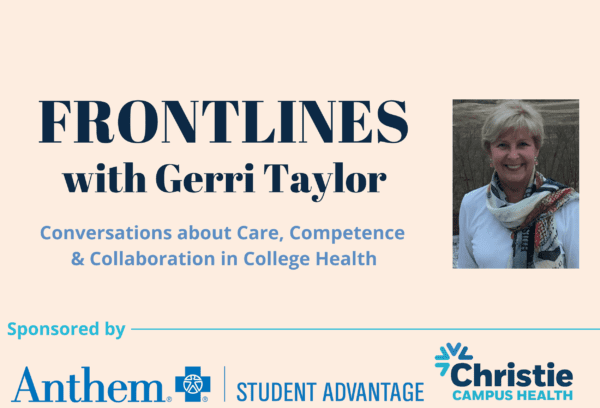The COVID-19 pandemic has been affecting the world for three years now. It has disrupted the mental health of students and has changed the face of education. It has been an unprecedented period of transition that we are all still processing, and while mask mandates are lifting and things are going back to “normal,” it will be a long time before college students will truly understand how the pandemic has changed them. It may be why many students feel less engaged in both their curricula and co-curricula activities.
My first year on campus was cut in half by COVID-19, meaning that I only had my fall semester fully on campus. The academic school year 2021-2022, my junior year, is my first full year on campus, yet I get the feeling that everyone on my campus would like to behave as if COVID-19 has not really happened. Most professors have raised their academic expectations to the ones that they had before the pandemic happened, as though the pandemic had no effect. I have had a professor state that we have to adjust to our current situations and focus only on our academics. But, that professor forgets that I am a person, a daughter, a sister, and a friend first. Students and professors are still dealing with COVID-19 and its impact on their lives. COVID-19 has not disappeared, and it will affect generations to come, especially for higher education.
“COVID-19 is a test of resilience,” said Brian Petersen, the Director of Ithaca College’s Counseling and Psychiatric Services (CAPS). In our interview, Petersen and I talked about the psychological effects of COVID-19 on college students, particularly at Ithaca College. One of the main topics was the notion that the “pandemic attacks students’ faith.” In the context of our conversation, faith is the hope for the future. Before the pandemic, I felt there was constant hope and faith in the future, but now students are wondering why they should plan if another pandemic or an event like World War III can so easily happen. The COVID-19 pandemic was traumatic for people, and trauma has led to students being afraid to plan for the future, so they expect disappointment versus getting their hopes up.
The class of 2022 will be the only class to remember what a full year of college was like before the pandemic. The class of 2023 did not get a full year on campus. The class of 2024 missed their whole first year on campus, while the class of 2025 is now the “test bunnies” for the new world of college. Students are frustrated, anxious, and angry.
“College is designed for self-discovery and self-improvement. It is also a time for them to get to know others and themselves, but COVID-19 has impacted that. There was a required event with a dinner provided, and no one showed up.”
College students are also experiencing a changing relationship with their environment and each other. According to Elizabeth Bleicher, the interim director of student success and retention, student engagement at Ithaca College has decreased, despite attempts by the school to help with social connections and combat the isolation so many students have felt. Having spent so much time alone, students are going through the “big awkward,” a term Bleicher quotes from Brené Brown, an author and researcher known for her research about vulnerability and shame. College is designed for self-discovery and self-improvement. It is also a time for students to get to know others and themselves, but COVID-19 has impacted that. Bleicher said, “There was a required event with a dinner provided, and no one showed up.”
Tessa O’Leary, who is the secretary of the fencing club at Ithaca College said, “People are not as involved anymore. They do not want to engage with new people…like fencing new people… it’s very frustrating as a leader and involves lots of energy to try to engage people.” Another student, Vicky Conrad, agreed, saying, “I’m in a few clubs and usually they’re chill but from what I’ve learned, they’ve been struggling since people returned to campus after the remote semester, and others that are new are also struggling and disorganized. Also, attendance levels are low for everything. I think the clubs really took a hit from the pandemic.”
Michele Lenhart, the Office of Student Engagement director, reported that “Some students are asking for more engaging events and opportunities to meet new friends. Others have condensed their circle of peers to those they are closest to, and they feel most comfortable in that tight circle. The former are the ones who tend to come out to activities, but even they might need more persuasion now.” I asked Lenhart if any in-person events have gained students’ attention, and she reports that stress relief or support of mental and physical health has been the most popular. There was a student organization that hosted a plate smashing event. Lenhart reported that students waited for two hours.
Overall, students are trying to find ways to connect but since COVID, it seems different. I can speak from my own experience that it has been hard to find new friends, and I have been staying with my small circle of friends on campus. Administrators on campus find it harder to engage students given all we’ve gone through. And we, ourselves, are not sure how we feel. Students seem reluctant to engage in campus events but that doesn’t mean they don’t want to meet people. Perhaps only time will tell.




